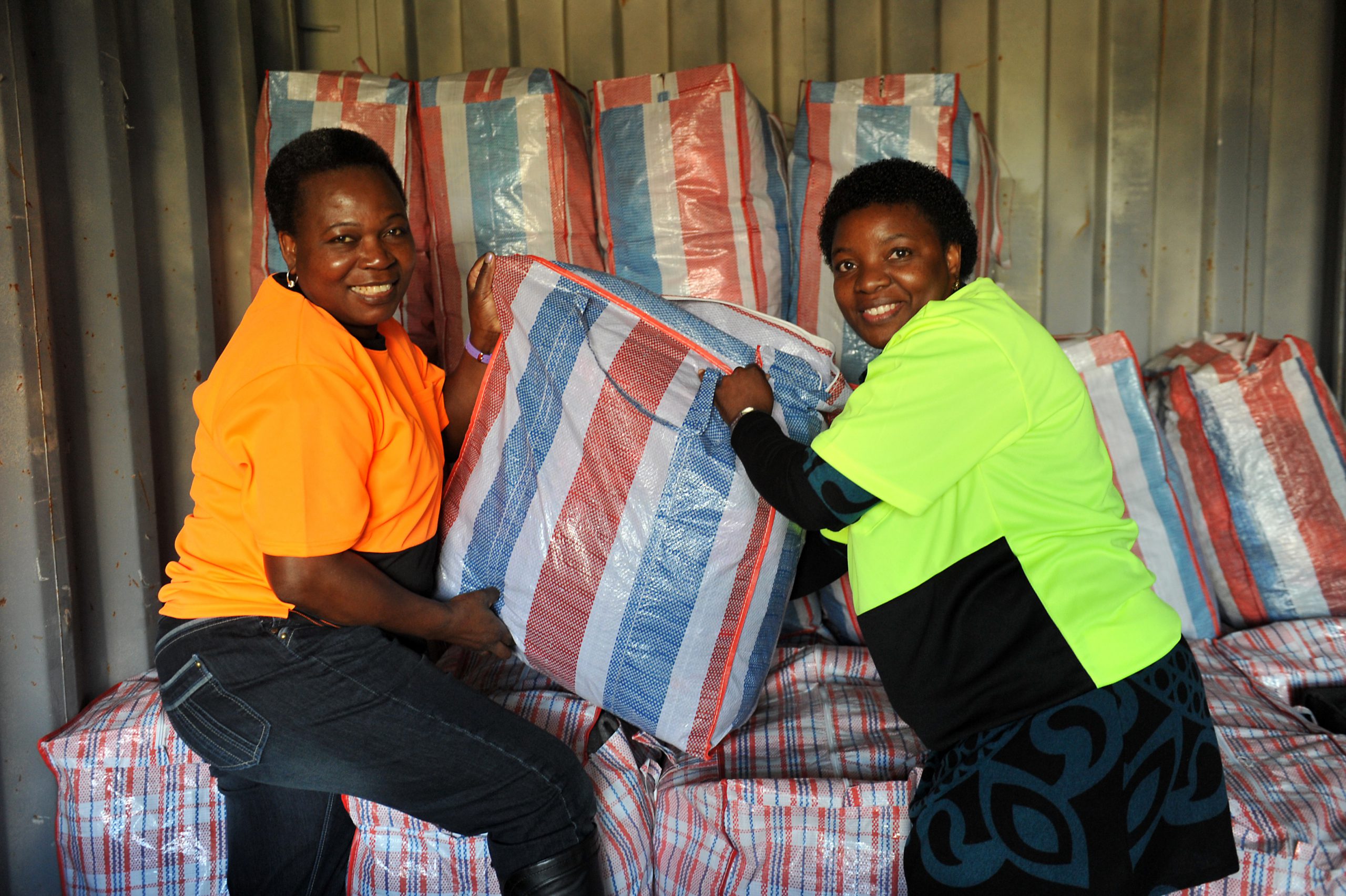AFTER teaching and nursing children with no food to eat, clothes to wear or shoes to protect their feet, two Latrobe Valley women have taken on a project to give Zimbabwean families a second chance.
Coming from a poverty-stricken Zimbabwean district, Oferia Kicheni-Parr and Agnes Chikanda know all too well the struggles some families face on a daily basis.
Motivated by the notion of giving, the women have started a project called The Days of Hope which will send a 20-foot container to Zimbabwe filled with almost anything to help their people have a better life.
“If a mother just has a day full of hope, after she has prayed for so long, once we get there with the books and the clothes… if we bring hope to them through these donations, then there will be days of hope coming,” Ms Kicheni-Parr said.
“From what we have seen (our success) was all because people gave – they outstretched their arms to assist us.
“Living in towns where mostly poor people live, there were very few people who could afford food at their table, let alone clothing.
“But because our parents were employed by western people they managed to look after their families as well as our parents’ families, so by that slim chance we managed to go to school.”
Ms Kicheni-Parr was the first refugee health nurse in the Latrobe Valley and said her experience of people helping her along the way had motivated her to “continue the hand of giving”.
Ms Chikanda agreed, saying “giving won’t start with us, giving started a long way back, we’re just reflecting how we came to be what we are now”.
“We are looking at the needy, we just want to uplift their spirits, we just want them to have a bright new day,” she said.
Ms Chikanda highlighted the need for not only clothes and books but musical instruments, art supplies and sports equipment to aid children in recognising and building on their talents, an opportunity she said was quite rare in Zimbabwe.
“I work for Latrobe Community Health Service and there’s so many pens… so many pens and I’m saying ‘oh lord, those kids want to write, they can’t even get a book, can’t even get a pencil, it’s so painful’,” she said.
“You have a kid who is very intelligent but that kid doesn’t have a uniform, moreso anything presentable to put on, even come winter, sometimes they’re putting on thongs.”
Both women often work extra shifts at nursing homes to raise money towards the freight costs of the shipping container, which is progressively filling each day.
“Every minute that I’m home my husband is asking ‘where are you going?’ and I say, ‘I’m going to the container’,” Ms Kicheni-Parr said.
“It’s just a matter of remembering where we came from, we do not forget.”
If you wish to donate and arrange for the pick up of clothes, blankets, shoes, toys, books, computers, sporting equipment or musical instruments, phone Ms Kicheni-Parr on
0408 395 600.











